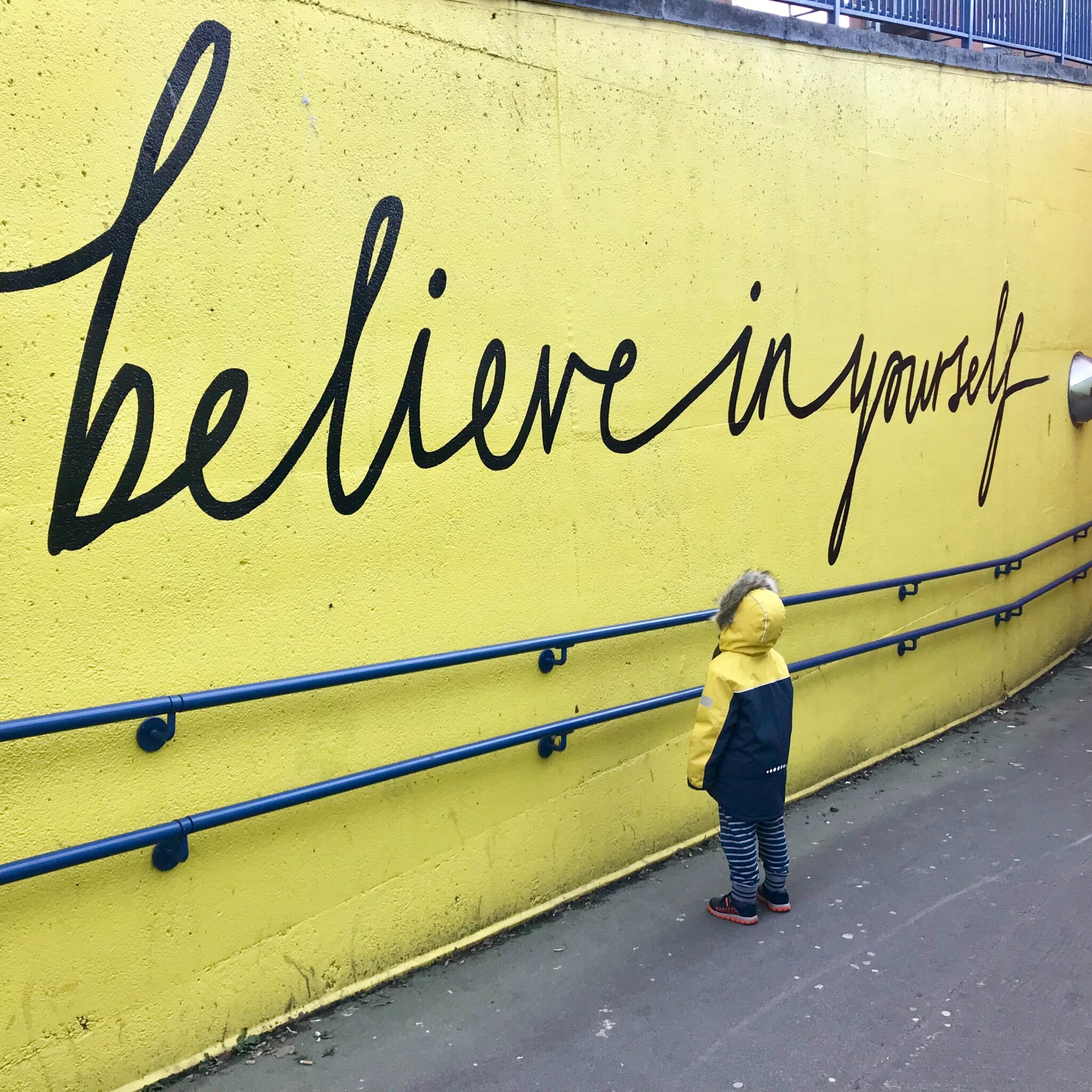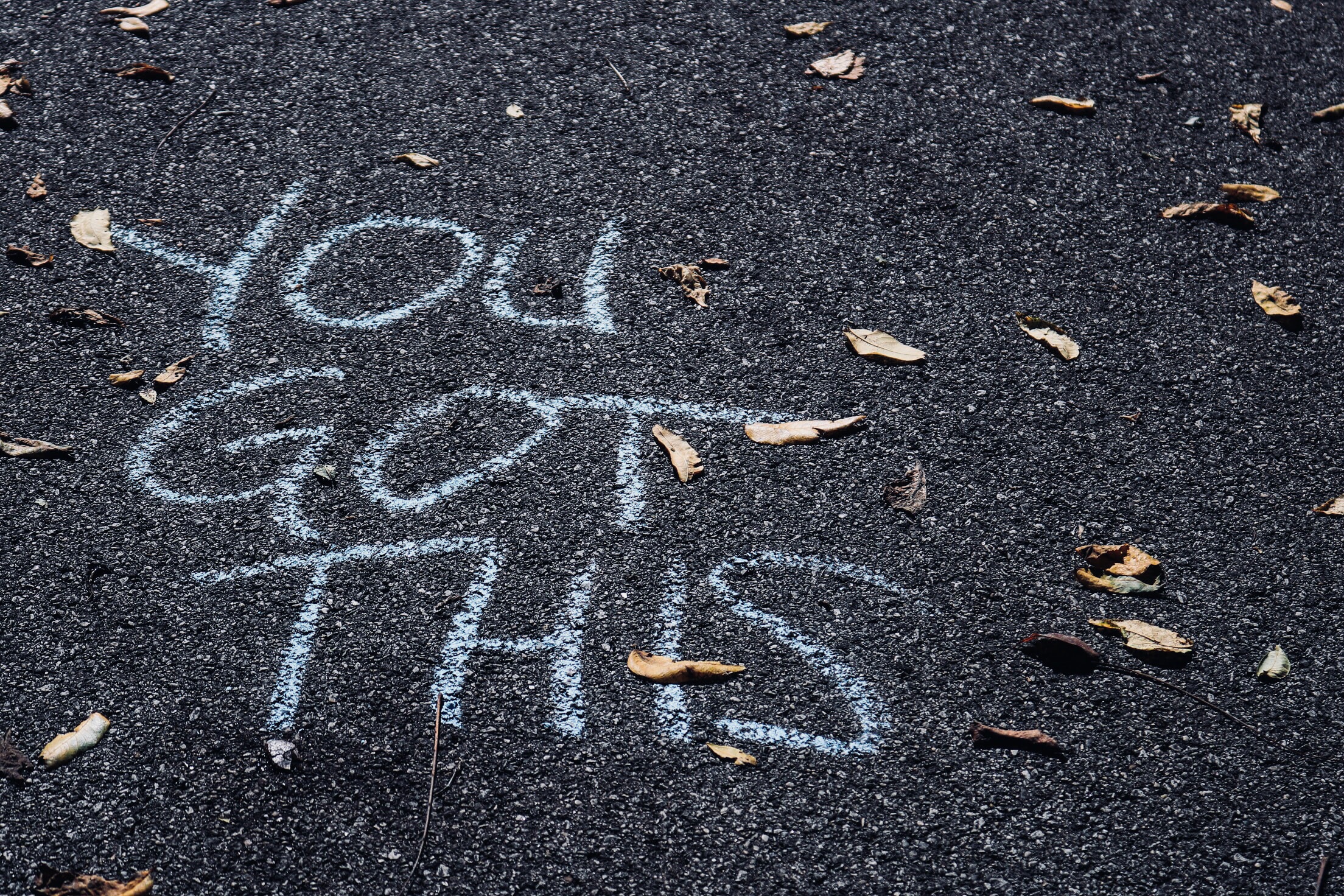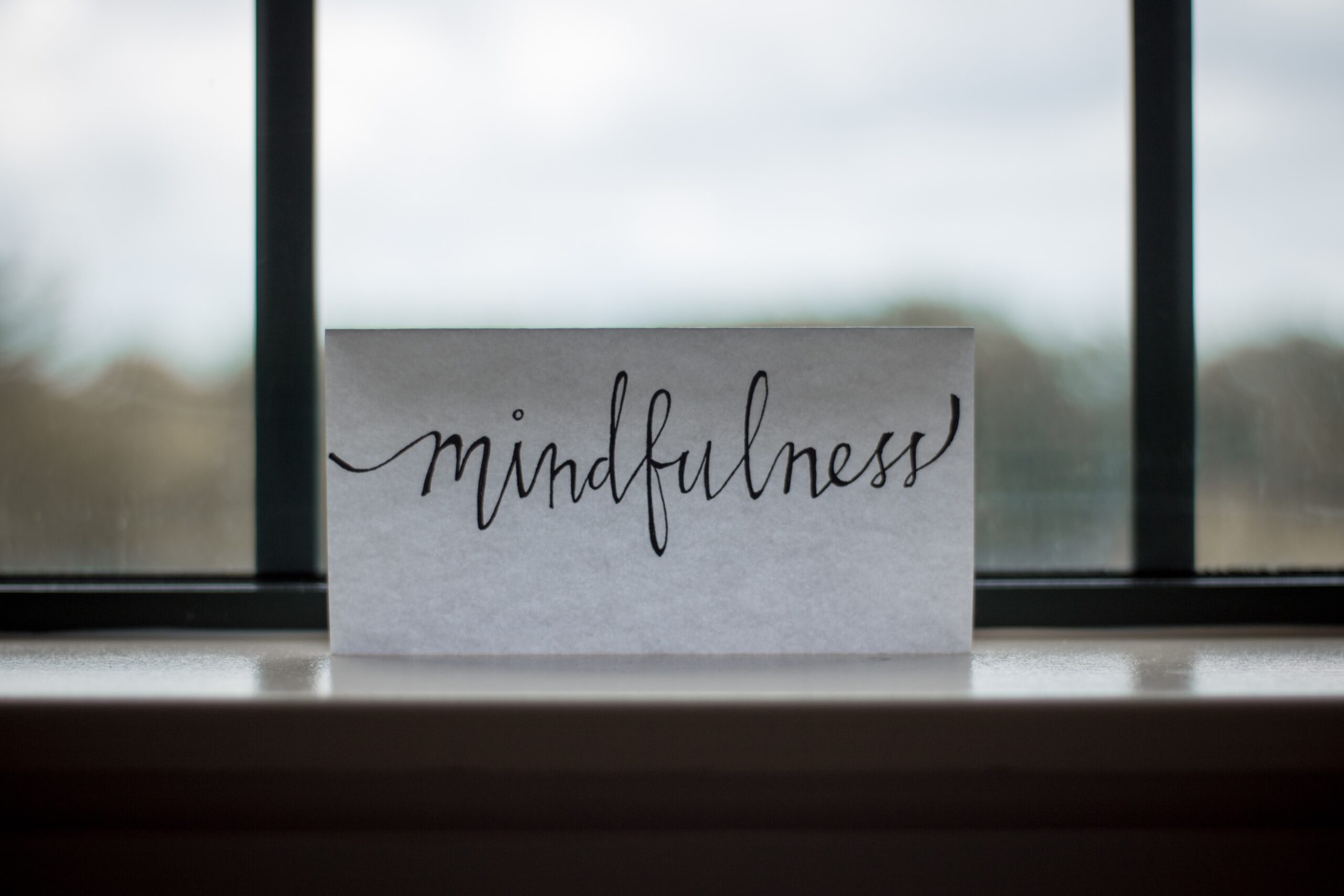Two Week Coaching Plan – Your Wellness and where to start
For the next two weeks we are going to work on your Wellness and how you can change your habits and change your life.
These two weeks coaching plans are guided support in a daily format to help start creating habits for health. The biggest key to your success is consistency and it is the daily habit routine that helps you get there. These daily reminders are me on your shoulder empowering and coaching you to positive change.

Wellness is the interaction between body and mind, the appreciation for all that we do, think, feel, and believe.
It is the act of practising healthy habits daily to attain better physical, nutritional, and emotional health.
Wellness will have the overall impact on the state of your health as we thrive and not just survive.
Start of the habit and change in behaviour as you work on your own wellbeing.
So what is Wellness?
Wellness is a process, wellness is a choice, a decision you make towards optimal health.
Wellness is a way of life, a lifestyle you decide to lead and achieve, reaching the high point for personal wellbeing.
So lets start your journey today as this is where you personalise your habit.
Aim to be the best you can be and take ownership of your new habit and aim for 70- 90% of the time.
At the end of the day ask yourself two questions.
What did I do well today?
What did I learn today?
These questions help you reflect and form these new habits, write your answers down if you wish to as this cements your new thought process.
Your overall wellness is something that you will have to work hard at, requires focus, energy and efforts to get it right.
As you create these new daily habits the focus gets easier as we use less energy as you subconsciously create your own environment of wellbeing.
Focus on the 3 C’s, Consistency, Competence and Confidence
Consistency builds competence – a committed habit that happens day in day out giving you capacity to stick to the new change.
Competence builds confidence – as you get consistent with your choices this automatic process gives you greater confidence in what you do.
As confidence builds so will your consistency and so the continous wellbeing loop is formed.

Ask yourself which one do you practice?
There is always a positive and negative approach to the way in which we do things. Often changing our thought process to that of a positive tact provides the rewards that can motivate us greatly.
So, what is the difference between?
Restrain
- Says to you I can do this.
- Empowers you
- Positive effect on choice
- Gives you control
- Positive decision
- Fits in with your journey
- A choice made by you that makes you feel better.
Restrict
- The rule that effects thoughts
- I can’t have it, so I must have it
- Becomes the negative bias
- Informs you that it’s a bad choice – negative
- Reduces control
- Can become the sole focus
It can be difficult to stay consistent with a habit if you have a lot going on in your life, or if you take a break from your normal routine. The perfect example of this is the weekend. So, let us set you up to win this weekend.
How? By doing an easy version of your habit for the weekend.
Today, I want you to plan how you will approach these new habits and say to yourself I can do this, this is my journey, this is my plan, and I will achieve my goals one step at a time.
How you feel from your wellness actions will have a huge bearing on your rewards. How you feel is key as this allows you to understand the mindfulness of food and how it makes you feel.
Are you energised, are you motivated or is your choice in foods making you tired and lethargic, making you even more hungry in the process. Mindful eating allows you to connect body and mind, understanding as you learn to react better to ways that suit you. How these positive changes continue to improve your wellbeing or are you just happy to stay where you are doing what you do.

Continue to connect with yourself and your environment around you. Perfection doesn’t happen everyday and knowing this forms part of the relaxation process, accepting that you are making changes but don’t beat yourself up if it is not happening every day.
Remain positive that tomorrow will come and so will another day of positive results and actions.
Use this to reflect on how your week of wellness has gone and allow yourself to continually assess where you are. If your week has gone well, then continue with more of the same. But also asking those difficult questions of yourself if the week has not gone according to plan is a way of being honest. Have you given yourself the best chance, did you give it everything or is there room for improvement.
Ask yourself am I worth this, is this the journey I want to be on and how do I feel being on this journey. It is all about creating that positive feedback loop

If all went well last week, and you did not struggle or skip the habit for more than a day then awesome well done.
If you have struggled, keep it the same as last week and start again because when you do succeed the rewards are even greater.
Making change can take time and so focus on how awesome you will feel when you get there.
Never make too big an adjustment so that it becomes too difficult.
This slow change process of expanding the habit a little at a time helps overcome the resistance of the mind to change and discomfort.
Gradually the habit becomes your new normal and you can expand a bit more, pushing your comfort zone a little at a time.
The mindful approach to health and eating is far more impactive then once realised. The mindful stance encourages you to react to how you feel both physically and mentally. Focus on the energy it gives you, the drive that warm inner glow that creates happiness too.
Create surrounding that allow you to be mindful, seek the outdoors, take advantage of nature and its calming effect.
Understand what triggers are negative but also what are positive. Use the positives to overcome barriers that are holding you back, writing the positives down everyday makes it easier to make better choices.

Never feel guilt from failing.
The guilt can be more harmful than the failure and stops you from doing the habit.
You must learn to be aware of it, then let it go, and counter it with something more positive. Tell yourself when you slip and fall, it is just another lesson that will teach you to be better at change.
Take a longer view of things; a failure is just for a day or two, or perhaps a week… But that does not matter in the long term.
Missing a few days makes almost no difference over a year. Over a lifetime, one day means nothing, but what you do on most days is what counts.
Become accountable for your actions, take ownership and be responsible.
Don’t let the words, blame, excuse, and denial cloud your judgement.
Continually assess results, embrace the rewards because rewards are good and are what the brain needs. The reward system is the part of the brain that motivates us, causes us to learn and elicits feelings of pleasure and emotion. Even the feeling of reward is powerful process that creates meaningful responses to those new habits you are creating.
The continued reward will drive you forward in your actions.
Control the input and you will achieve the output.
The only thing that gets in the way of the whole process is YOU.
We are almost at the end of your Wellness habit challenge.
As you prepare to move forward with your wellnes , you will want to put this current habit into ‘habit maintenance mode.’
This is a way of continuing it with less of a focus. By now, the habit should start to become more automatic if you have been at least a little consistent. You do not need reminders to start the habit, and it is feeling a bit easier, more part of your ‘normal.’
So, as you begin to move forward, all you want to do is not forget about this habit.
You don’t need to keep track of it every day, as long as things are going well. But every few days, pause and reflect on this habit and check in to see that everything is still going well. Maybe once a week, use one of our Sunday reflection sessions to assess whether you have any obstacles around this habit, need to adjust, learned anything new.
After a while, you need to reflect on the habit less often, as it becomes ingrained in your life.
Stay focused and be awesome.

Over the last two weeks you have completed the ‘Wellness’ habit challenge – nice work!
Today, take a minute after practicing your habit to reflect again on the past week of doing the habit.
What has the habit been like and how have you done?
What have you learned?
What parts or how much of this habit will you continue to do? Consider writing a short journal entry about these reflections, to solidify your learning.
Treat habit formation as a learning process, to learn about yourself, your mind, mindfulness, resistance and more.
